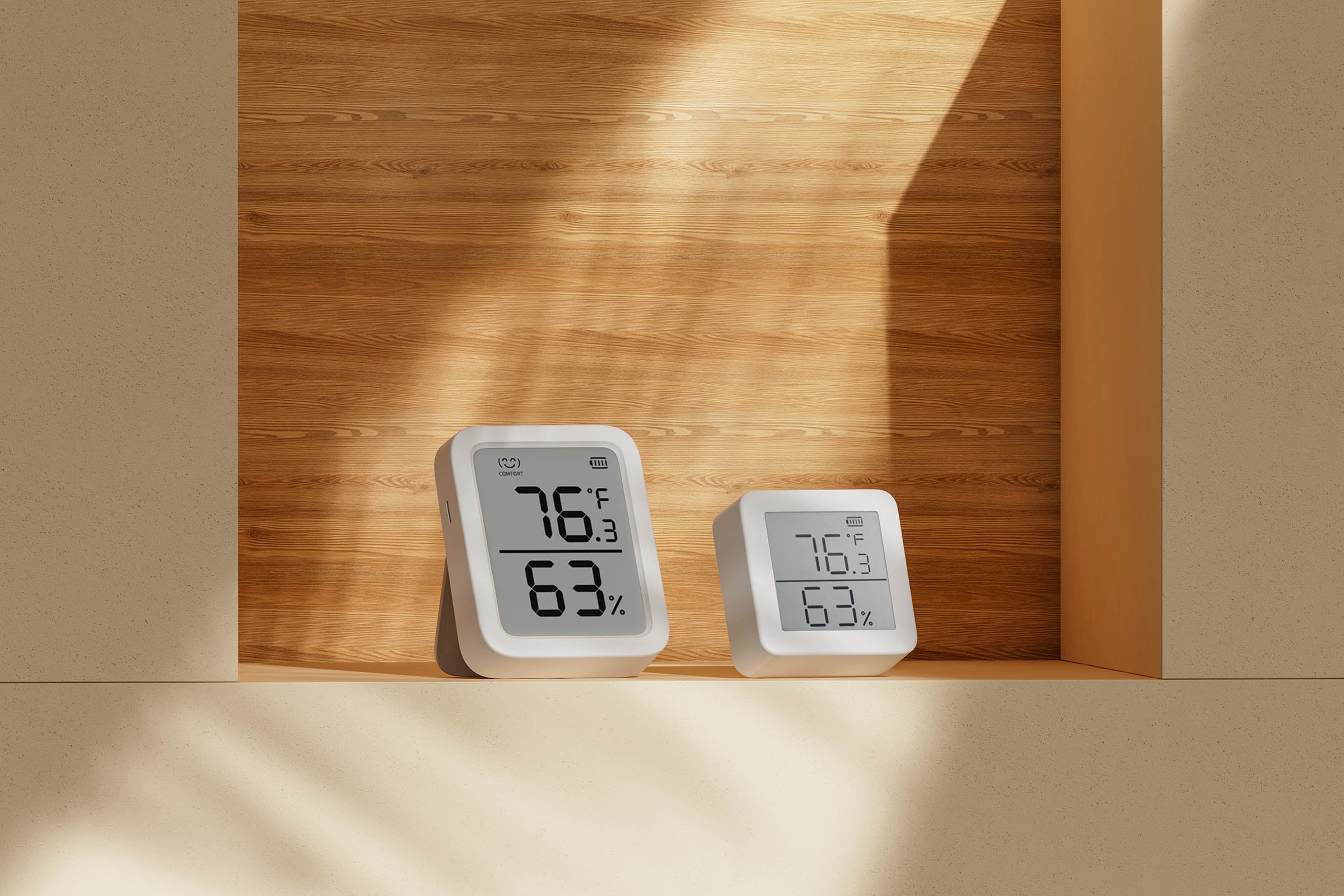Unlock the Secrets to Perfect Indoor Comfort: Find Your Ideal Thermometer Now!
Maintaining the right indoor temperature is not just about comfort; it significantly impacts our health and well-being. Whether it’s a scorching summer day or a chilly winter night, achieving the perfect indoor climate helps us feel our best and can even affect our productivity and mood. An indoor thermometer serves as an essential tool in this quest for comfort, allowing us to monitor and adjust our environments to suit our needs. With an ever-expanding array of options available in the market today, choosing the right indoor thermometer can feel overwhelming. This article will guide you through the process of selecting the ideal indoor thermometer by exploring the different types, factors to consider, review strategies, and purchasing options.

Understanding Indoor Thermometers
At its core, an indoor thermometer is a device that measures the temperature of the air inside your home or office. Its primary purpose is straightforward: to provide real-time readings that help you regulate your indoor climate effectively. Indoor thermometers come in various types, each with its unique features and benefits. Digital thermometers are favored for their accuracy and often come with easy-to-read displays, making them user-friendly. Analog thermometers, while less common in modern settings, provide a classic aesthetic and require no batteries. Finally, smart thermometers have entered the market, offering advanced functionalities like app connectivity, alerts, and even integration with home automation systems. Each type serves a specific purpose, so understanding these options is crucial for making an informed choice.
Factors to Consider When Buying an Indoor Thermometer
When it comes to selecting the perfect indoor thermometer, several key factors play a crucial role. First and foremost is accuracy; you want a thermometer that provides reliable readings. Consider whether you prefer a simple display or one with additional features like humidity measurement, which can enhance your understanding of your indoor environment. Ease of use is another important factor—some thermometers come with intuitive interfaces, while others may require more technical know-how. Additionally, think about where you plan to place your thermometer; some models may be better suited for specific locations, such as near windows or vents. Reflecting on your specific needs, like whether you have pets or children, can also help you narrow down your options effectively.
Comparing Indoor Thermometers: Reviews and Prices
Researching and comparing indoor thermometers is essential to ensure you find the best fit for your needs. Start by looking at customer reviews, as these insights can provide valuable information about the product’s performance and reliability. Pay attention to the overall ratings and read through both positive and negative feedback to get a balanced view. Additionally, consider the price points of various models; while it may be tempting to choose the cheapest option, weighing the value for money is crucial. Often, a slightly higher investment yields better accuracy and longevity. Remember to also consider any warranties or return policies offered, as these can add peace of mind to your purchase.
Where to Buy Indoor Thermometers
When it comes to purchasing an indoor thermometer, you have several options available. Online marketplaces offer convenience and a wide selection, allowing you to easily compare models and read reviews. However, shopping in-person at local home improvement stores or specialty retailers can provide you with the opportunity to see the product firsthand and ask knowledgeable staff for advice. Each purchasing option has its pros and cons; for instance, while online shopping may save you time, local stores may offer immediate availability and no shipping costs. Whichever route you choose, be sure to take your time and evaluate the options to ensure you make an informed decision.
Key Takeaways on Choosing Your Indoor Thermometer
In conclusion, selecting the right indoor thermometer is a vital step towards achieving optimal indoor comfort and health. By understanding the different types of thermometers, considering key factors like accuracy and ease of use, and conducting thorough research on reviews and prices, you can make a well-informed choice. Remember that the right indoor thermometer not only enhances your living experience but also empowers you to create a comfortable environment for yourself and your loved ones. Take your time in researching options, and you’ll be well on your way to unlocking the secrets of perfect indoor comfort.








